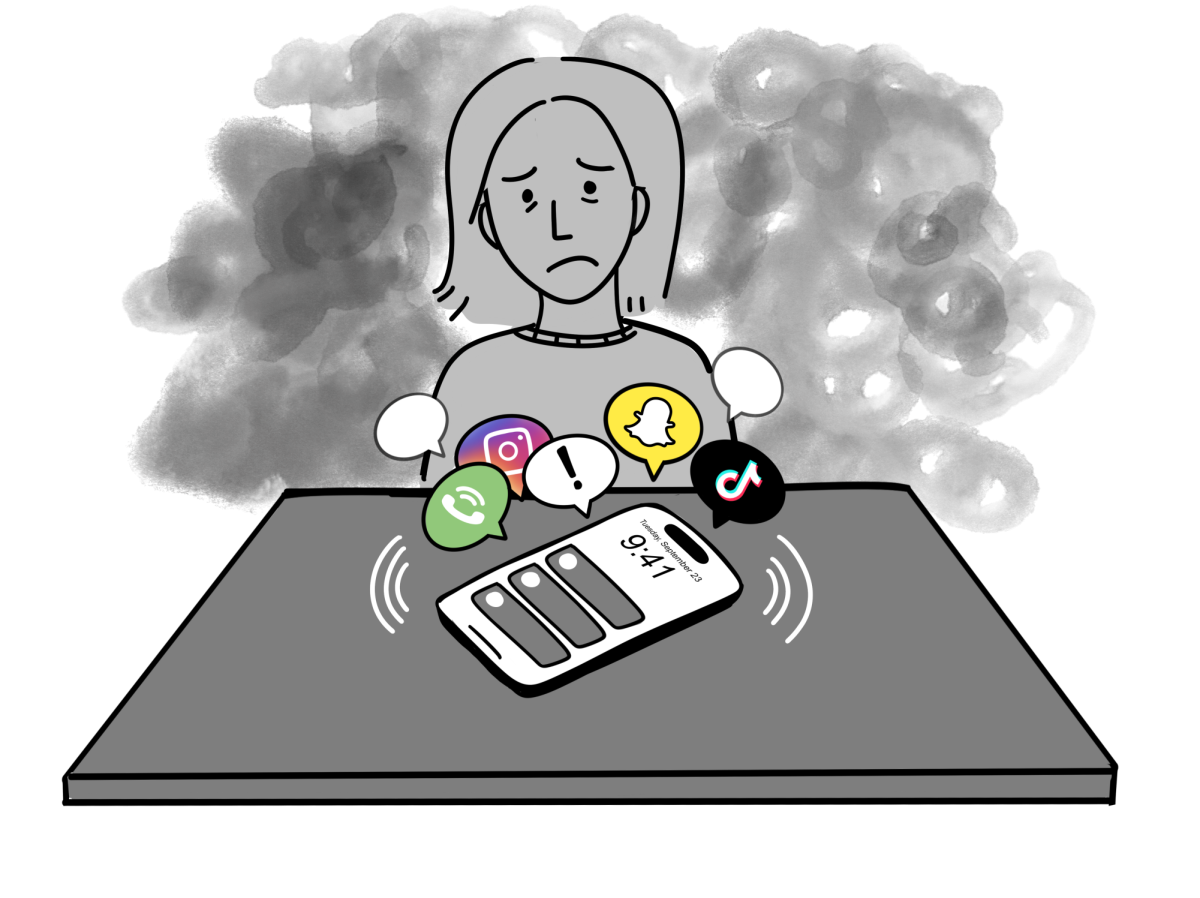
The recent news that the College Board has permanently abandoned the SAT Subject Tests and Essay has sent shockwaves across the educational community, with many heralding it as a step in the right direction following the decisions of thousands of colleges across the United States to become test optional. Those who champion this new measure contend that it places less academic emphasis on standardized tests in subjects already covered by AP courses and instead allows students to focus on material in their existing classes. Certainly such sentiments are echoed within the halls of LM itself, with senior Gal Yovel positing that Subject tests are inherently flawed in “punish[ing] you for guessing and getting the wrong answer,” which is counterintuitive to the learning process. Despite being widely held, Yovel’s opinion is not ubiquitously shared among the rest of LM students, with Mark Lancaster ’23 opining, “The test is more intended to provide a snapshot of your knowledge than it is to test your deep understanding. For this reason, I think it is beneficial as a method of standardization.”
Whatever the merits of removing Subject Tests are, however, the departure of them from the educational scene misses the broader point to be made about standardized testing for entrance into higher education. To properly understand the Subject Tests’ cancellation, we have to start from the College Board itself. Despite claiming to be an educational nonprofit, the College Board is for all intents and purposes merely a money-making institution that seeks to profit off of the services it provides. Don’t believe me? Just look at the salaries of the College Board’s top executives, close to a dozen of whom make around or over half a million dollars a year for forty-hour workweeks, or that of one of their trustees, who makes more than $50,000 for less than two hours committed per week (according to educational activist Dr. Mercedes Schneider). Compare that to the average salary of a Pennsylvania teacher, which is hardly much more than that. See it as you like, but the leadership structure and compensation of the College Board give off the impression of a corporate institution that prioritizes paying its executives well rather than the educational nonprofit with altruistic intentions they make themselves to be.
With this in mind, let’s look at the most recent change from the perspective of the College Board. The organization understands it’s under heightened scrutiny to make a change in standardized testing, but doesn’t want to sacrifice a significant portion of its revenue simply by scratching the entire SAT. So what do they do instead? Take out the ancillary components of their testing arsenal and instead manifest the actual SAT as the complete all-in-one package for a ticket to higher education—in other words, nothing but a red herring. The College Board wants you to believe it’s working in your best interests by reducing the “demand on students” and scrapping some side exams, yet the very test that occupies the vast preponderance of student studying hours outside of school is the one that emerges untouched from this supposedly beneficial change and the one they can continue to profit off of.

The truth is that standardized testing by itself is incredibly poor at predicting student success in the long run, one of the few facts that has general consensus from both high schoolers and experts. Take a 2020 study from the University of Michigan, which held that there might even be a negative relationship between test scores and college graduation rates. Or a 2014 study by William Hiss, a former Dean of Admissions at Bates College, which, after an exhaustive analysis of 123,000 students at 33 post-secondary institutions, found “statistically insignificant differences in the college grades and graduation rates of students who did not disclose their SAT status during the application process when compared to their peers who did submit SAT scores.” LM students by and large agree with the bleak assessment of the SAT, with Yovel arguing the exam evaluates “how well you know the test” rather than “basic knowledge” of the topics purportedly gauged. Furthermore, the inherent nature of a standardized test is that those who are more financially equipped are more predisposed to take advantage of test preparation by soliciting personalized tutoring or extracurricular lessons. As sophomore Ella Moser avers, this faulty design “affects predominantly poor and people of color neighborhoods … schools with less funding have less money for test preparation, which leads to lower test scores.”
Viewing all the relevant literature and popular opinion on the test, it isn’t hard to come to the conclusion that standardized tests constrain rather than help student development across the board—a fact that has recently attracted greater attention due to the limits of test-taking during the pandemic. Yet the measures of the College Board to do away with its tertiary exams that actually relate to applicable subject material, not to mention having been optional in the first place, while retaining and not making a single change to the one that most embodies the failures of modern standardized testing, shows that there is still a ways to go with regard to improving educational standards in the United States. Suffice to say, one number alone should not encapsulate a student’s entire academic career nor determine his or her chances of getting into higher education, and the College Board’s failure to act upon this principle will continue to harm high schoolers across the nation unless substantive changes are made.





